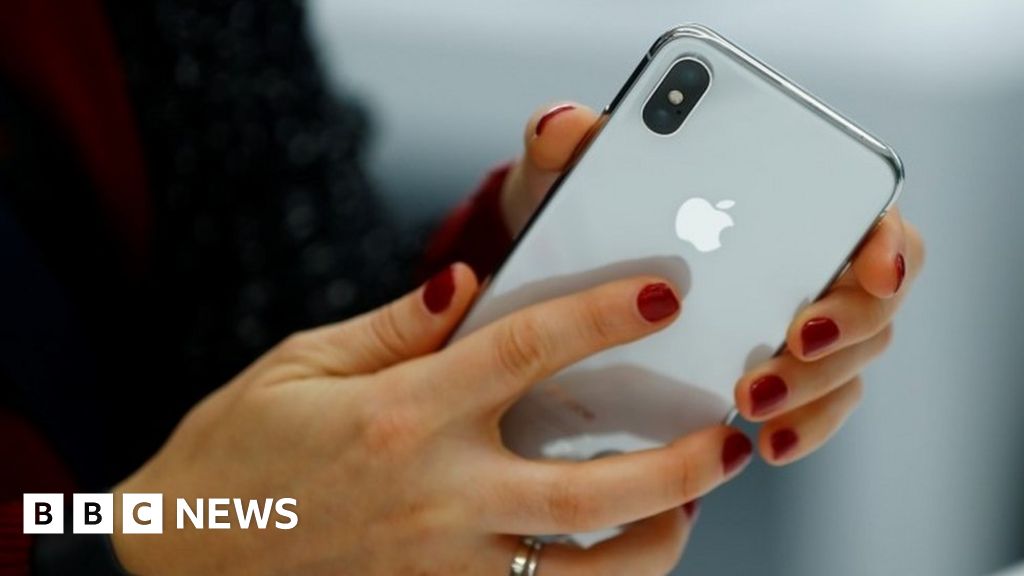Apple And Qualcomm Settle Billion-dollar Lawsuit

 Image copyright
Getty Images
Image copyright
Getty Images
Tech giants Apple and Qualcomm have agreed to settle all ongoing lawsuits, putting an end to a long-running battle with billions of dollars at stake.
"All litigation between the two companies worldwide" has been dropped, the firms said in a joint statement.
The surprise settlement brings an end to a long-running battle over the cost of the processors that phones use to connect to mobile networks.
Apple accused chip-maker Qualcomm of overcharging, a claim the firm denied.
The settlement includes a payment from Apple to Qualcomm, but the firms did not disclose its size.
The two firms have also agreed a six-year global patent licensing agreement and also agreed for Qualcomm to supply parts to Apple for multiple years.
This means that Qualcomm's modem chips are likely to be used again in Apple's newest iPhone models. The iPhone used to rely entirely on Qualcomm's chips, but from 2016 Apple started using rival Intel's modem chips in some models.
Shares in Qualcomm surged 23% after the announcement, while Apple's remained flat.
Ben Wood, chief of research at CCS Insight said the settlement was "a huge vindication for Qualcomm".
"[It is] likely an acknowledgement by Apple that it had run out of options, particularly when it comes to 5G.
"There was a growing body of evidence that Intel, its current chipset provider, was struggling to deliver a 5G solution in a timely manner," he added.
Well, that de-escalated quickly. Several multi-billion dollar legal battles, spanning three continents, brought to a sudden halt.
What looked like becoming an incredibly messy corporate divorce has been peacefully resolved for one principle reason: these companies really need each other.
Qualcomm simply must retain its relationship with the world's most valuable smartphone maker.
And Apple, if it wants to hold onto that prized position, needs to make sure it has the best components for the job. Analysts said not using Qualcomm would hinder Apple's ability to create a market-leading 5G iPhone.
The big loser of the day, then, might end up being Intel. With the Apple-Qualcomm row in full swing, Apple had started using Intel's components instead - but with Qualcomm apparently now back on good terms, that could well change.
The row between the pair began in 2017 when Apple first filed a legal complaint. It claimed that Qualcomm's dominance in phone technology let it get away with charging high fees.
Qualcomm has an extensive patent portfolio covering many of the technologies used in smartphones and derives a significant amount of its annual revenue through licence payments from phone makers.
It argued that its technology covers more than just these basic chips, called modems, and that is why it asked electronics firms to pay the fees.
Qualcomm had also accused Apple of using the legal system as a way to pay less for its technologies.
From Chip War To Cloud War: The Next Frontier In Global Tech Competition
The global chip war, characterized by intense competition among nations and corporations for supremacy in semiconductor ... Read more
The High Stakes Of Tech Regulation: Security Risks And Market Dynamics
The influence of tech giants in the global economy continues to grow, raising crucial questions about how to balance sec... Read more
The Tyranny Of Instagram Interiors: Why It's Time To Break Free From Algorithm-Driven Aesthetics
Instagram has become a dominant force in shaping interior design trends, offering a seemingly endless stream of inspirat... Read more
The Data Crunch In AI: Strategies For Sustainability
Exploring solutions to the imminent exhaustion of internet data for AI training.As the artificial intelligence (AI) indu... Read more
Google Abandons Four-Year Effort To Remove Cookies From Chrome Browser
After four years of dedicated effort, Google has decided to abandon its plan to remove third-party cookies from its Chro... Read more
LinkedIn Embraces AI And Gamification To Drive User Engagement And Revenue
In an effort to tackle slowing revenue growth and enhance user engagement, LinkedIn is turning to artificial intelligenc... Read more

